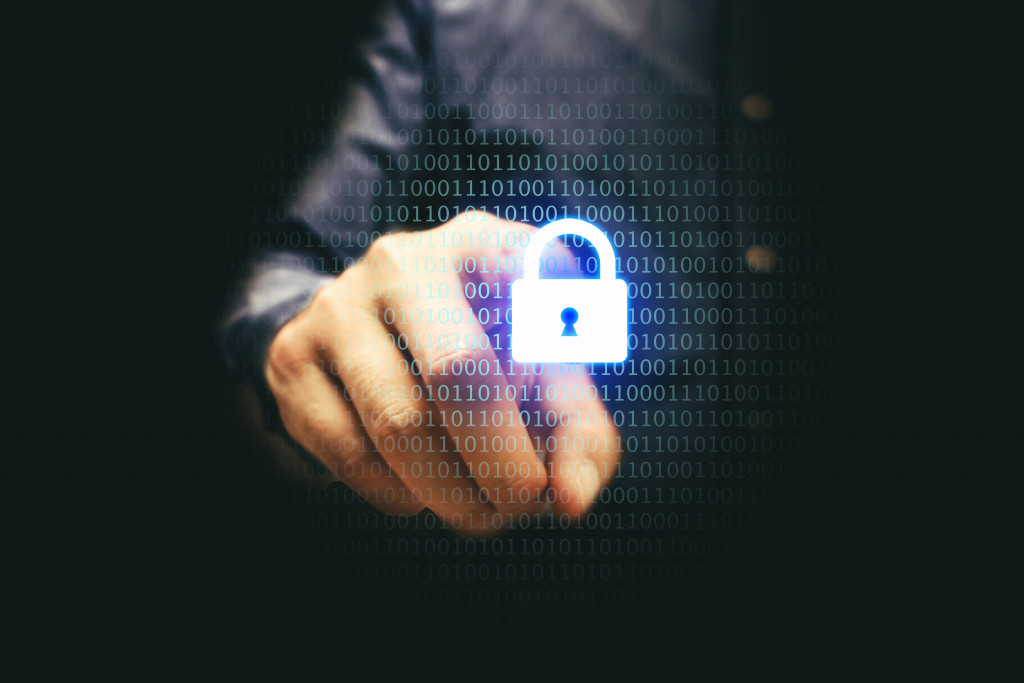 The threat of hackers has now become a national threat. Its ability to attack people while in the very safety from their home puts a lot of paranoia among many Americans. Moreover, with a growing amount of users, everyone is susceptible to such attacks. Therefore, preventing these attacks from happening to you should be your priority, especially if you have a business.
The threat of hackers has now become a national threat. Its ability to attack people while in the very safety from their home puts a lot of paranoia among many Americans. Moreover, with a growing amount of users, everyone is susceptible to such attacks. Therefore, preventing these attacks from happening to you should be your priority, especially if you have a business.
There are now about 300 million internet users in the U.S. That’s about 90% of the overall population. It’s ranked to be one of the highest in the world. However, this is problematic as malware attacks become all too common in the country.
There has been an uptick in phishing emails and other malicious online attacks during the pandemic. Thousands of Americans have been hit, and many have lost their files and money from such an attack. It has become a national threat, as more government officials do their best to stop more attacks from happening.
If you don’t want your files to be stolen by hackers, you must follow these steps. They are relatively simple steps, but they are vital in keeping your private information from being leaked to the outside world.
Back-Up Files
The very first step you should do is to back up any files you have. You can do this either physically or digitally.
To do this physically, go to your local computer store and purchase external disks. Then, copy essential files into the disks and store them somewhere safe. This is potentially the safest way you can keep your files safe from any hacker. However, this also means physically backing up your files every other month, which can be a hassle.
If you want less hassle, then you can choose to back up your files digitally. You can do this in many ways, but the best way is by subscribing to a cloud service. Cloud services will store your files for you and keep them safe from hackers. So if you do get hacked, you can easily retrieve your essential files through your preferred cloud service.
Be Weary of Suspicious Sites
About one billion websites exist on the internet today, and experts believe that more than half of these sites are malicious. Visiting these malicious websites can leave you open to malware, which can then leave your system exposed to hackers.
Be wary of visiting these websites. Always check for the ‘HTTP’ at the beginning of your URL. Some browsers even have the lock symbol to indicate that your connection is secure. A website with excellent digital signature software will also ensure that your connection is safe. Always check the site information for this data.
If the website does not have an ‘HTTP’ before its URL or it has a broken lock symbol, then that means that your connection is not safe and your user information has the potential to be seen by other people. Therefore, avoid visiting these sites entirely, or if you do, avoid putting any of your personal information on such sites.
Ignore Spam and Suspicious Email

One of the most common ways hackers get into your system is through suspicious emails that direct you to a website. In addition, they usually allure you with fake prizes, with some luring users by using their conscience.
Using secure mailing platforms such as Gmail can keep you safe from such attacks. However, in instances that a suspicious email does get sent to you, keep an eye out for these clear indications that it’s a phishing email:
- The email is from the public domain.
- There are some apparent misspellings and grammatical errors.
- The email is badly written.
- Has some attachments and links to suspicious sites.
By keeping an eye out on these indicators, you can avoid opening suspicious emails that will leave your data exposed to hackers. As a rule of thumb, if the email looks suspicious in the first place, don’t open it and report it to your email provider.
Get an Antivirus Software
If you’re the kind of person who only goes to secure sites, does not have a business, and only uses your computer for entertainment, then you might not need antivirus software. However, if you have important digital files on your computer or if you have a business, then getting one is an investment you have to make.
Antivirus software can block any potential malware trying to get into your system. Furthermore, they can keep your site visits secure. Get one if you have been targeted by malware before.
Your files are important, and they should never be taken away from you. By following these tips, you can secure your files from any hacker on the internet.
